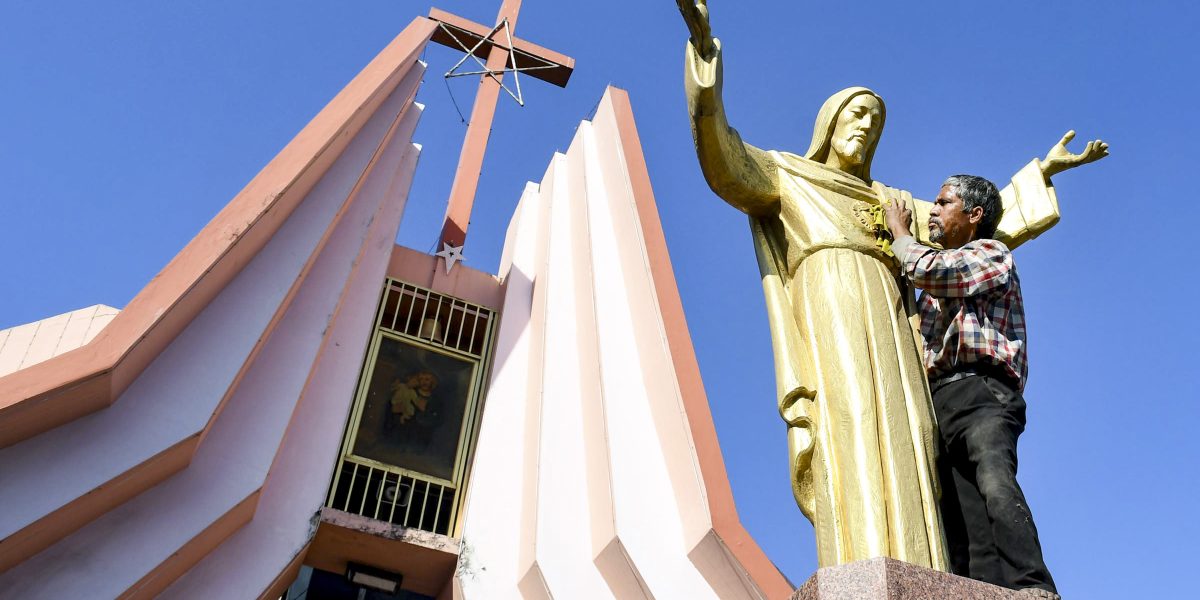
The Delhi High Court has recently said that the trial court, while denying bail to Sharjeel Imam in a sedition and unlawful activities case, “got swayed by the enormity of the allegations, observing that he had made inflammatory speeches which resulted in riots”. The HC then directed that Imam be released on bail as per terms and conditions imposed by the trial court.
Imam had filed an appeal against a trial court order dated February 17, which denied him bail, observing that the content of his anti-CAA speeches at Delhi’s Jamia Millia Islamia (JMI) and Aligarh Muslim University (AMU) could be termed “seditious” in the “dictionary meaning”.
A division bench of Justices Suresh Kumar Kait and Manoj Jain, in its May 29 order, while allowing Imam’s appeal, said that it had no hesitation in holding that there was nothing on record which could have “disentitled” Imam from seeking relief under Code of Criminal Procedure (CrPC) Section 436A. As per this section, a person can be released from custody if he has spent over half of the maximum sentence prescribed for the offence.
Imam had claimed before the HC that he was entitled to be released on bail under CrPC Section 436A as he had been in custody for four years and the maximum sentence for the offence under Unlawful Activities (Prevention) Act (UAPA) Section 13 is seven years, if convicted.
The HC said that CrPC Section 436A, a “benevolent provision” had been introduced by Criminal Procedure Code (Amendment) Act, 2005, with the idea that no undertrial prisoner is detained in jail beyond half of the maximum sentence provided for such offences.
This story was originally published in indianexpress.com. Read the full story here.





